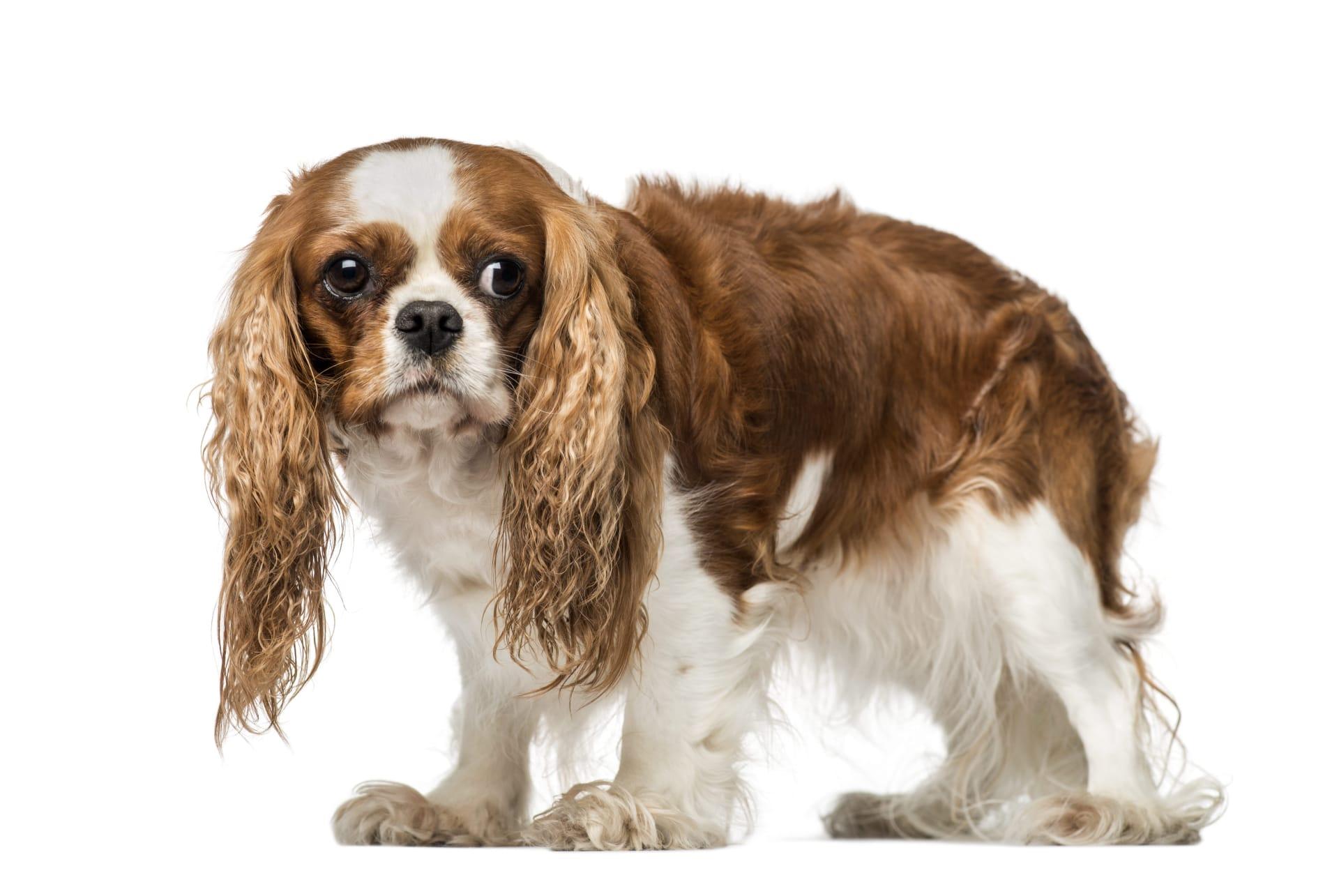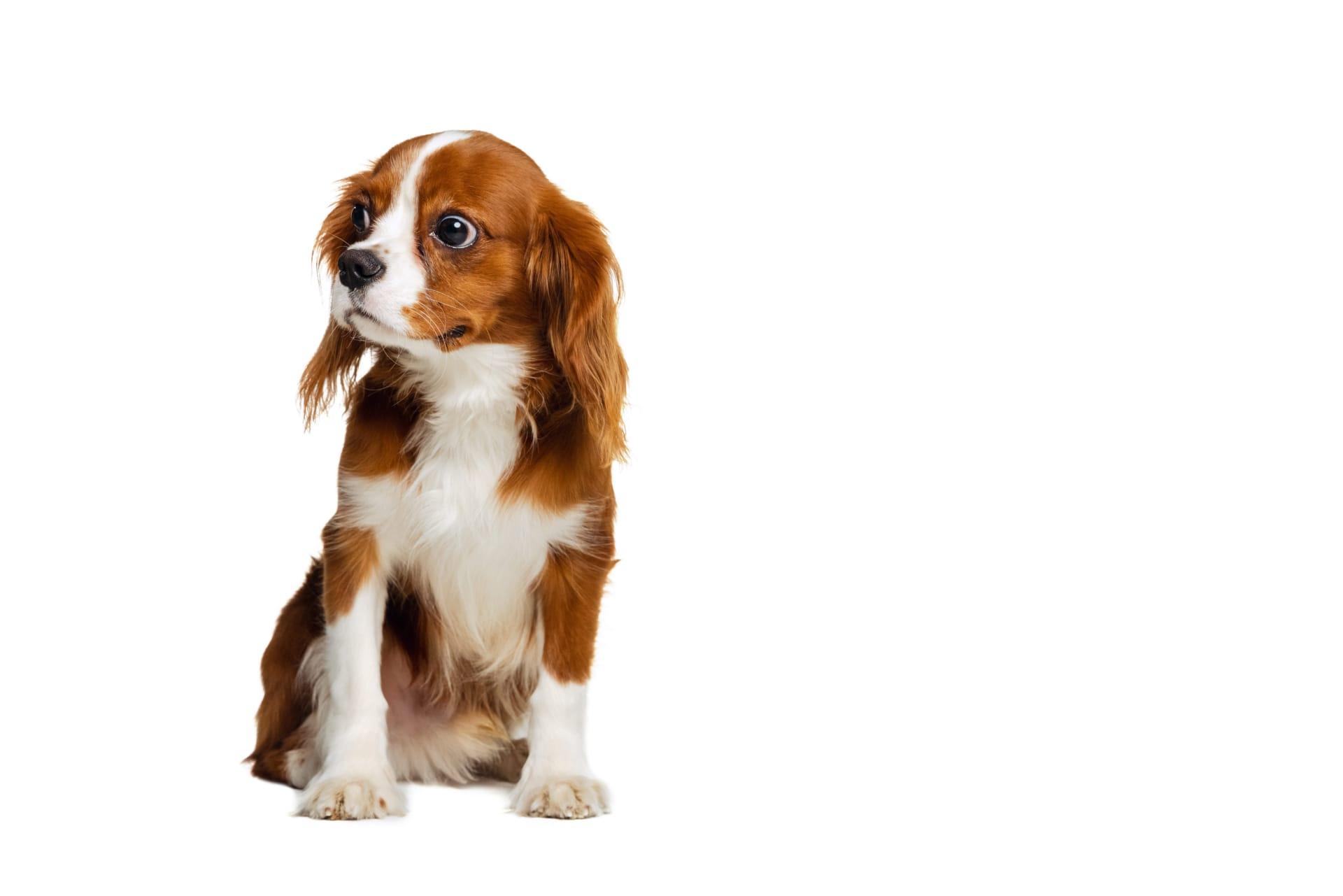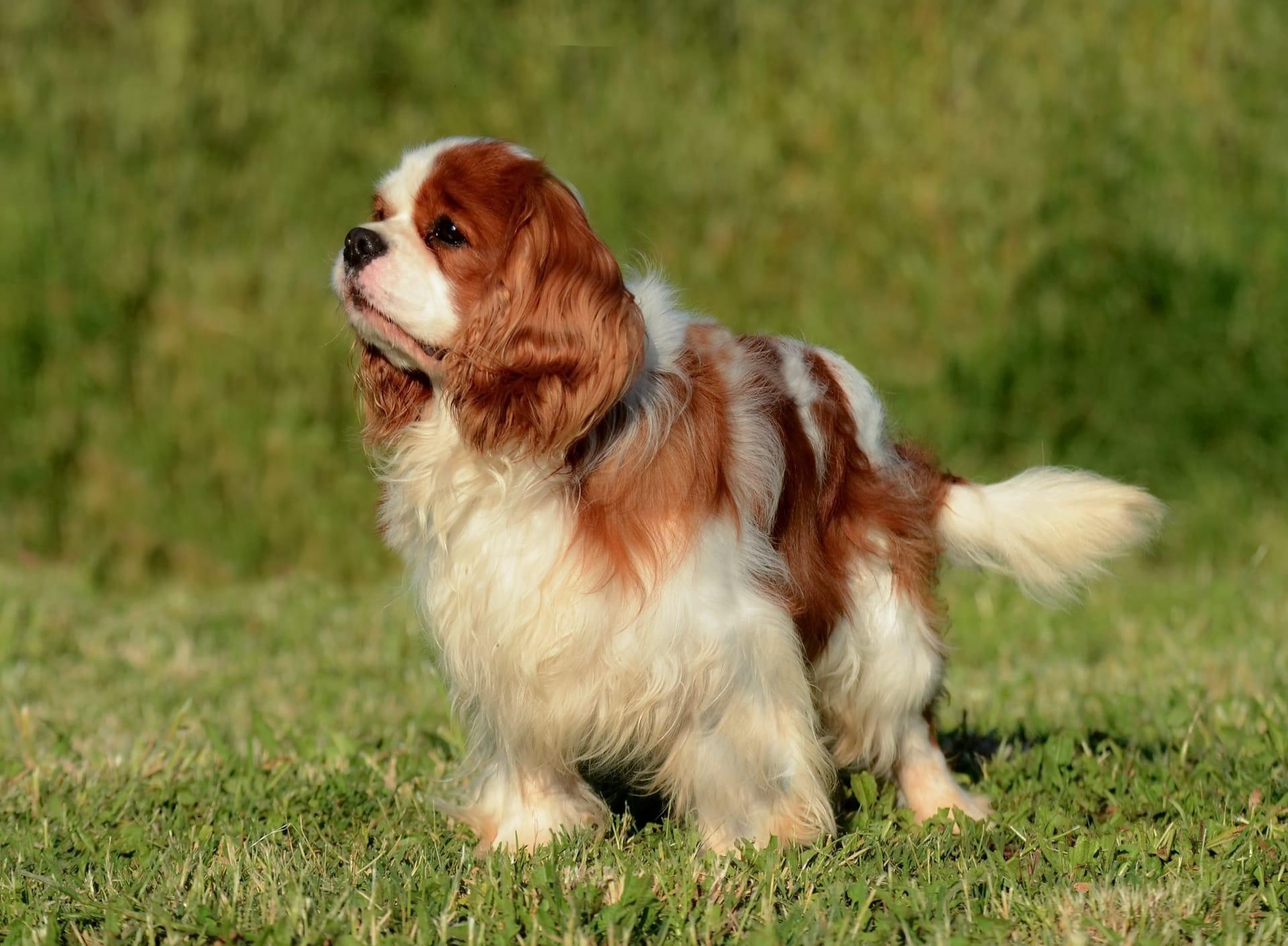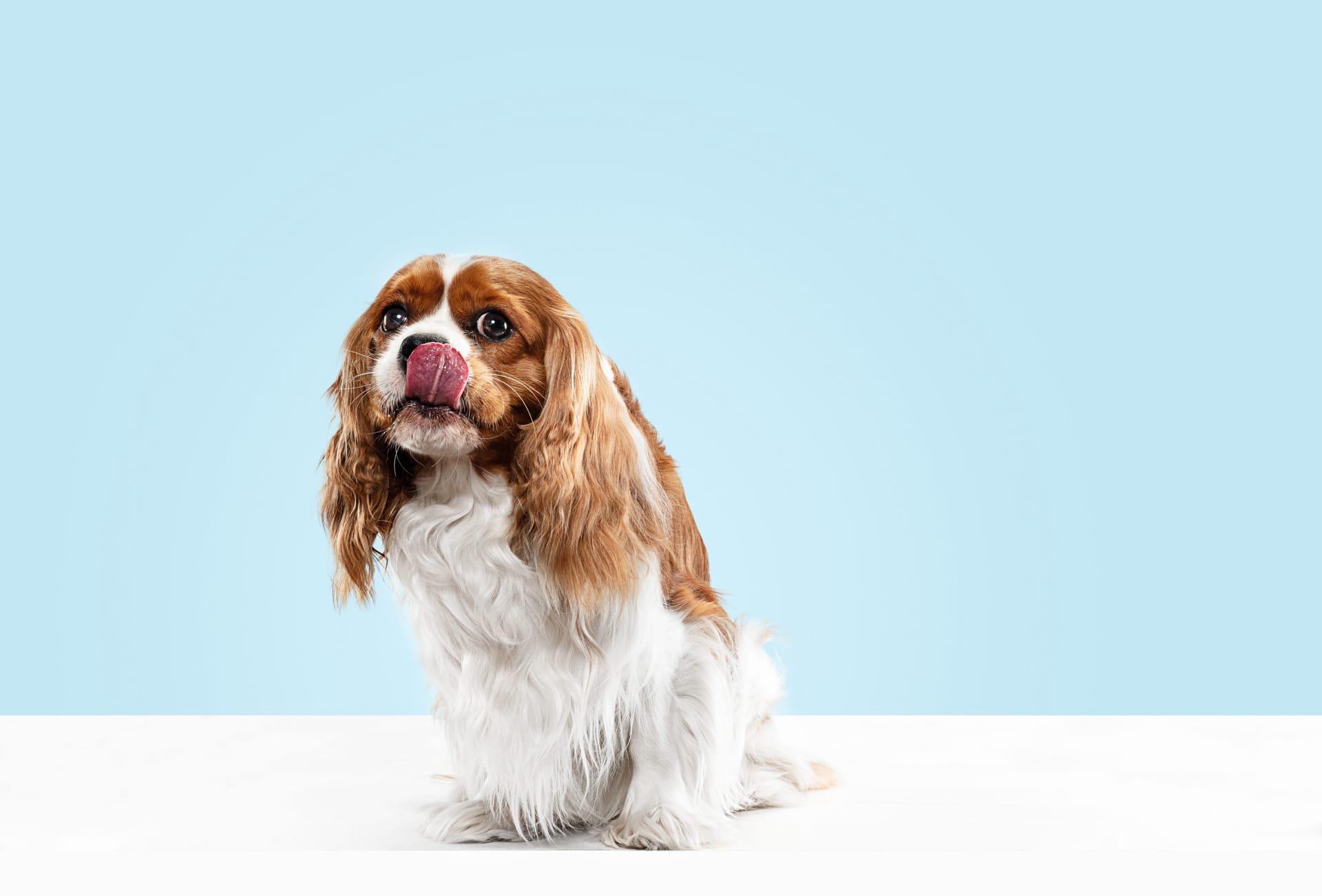Cavalier King Charles Spaniel Characteristics
- Home /
- Mini Encyclopedia /
- Animal /
- Cavalier King Charles Spaniel Characteristics
1
The Cavalier King Charles Spaniel, a toy breed known for its expressive, large, dark eyes and silky, feathered coat, typically weighs between 13 to 18 pounds and stands about 12 to 13 inches tall at the shoulder. This breed boasts a lifespan of approximately 9 to 14 years, making them cherished companions for nearly a decade and a half. Their compact size and friendly demeanor make them ideal for both apartment living and homes with spacious yards.
One of the most distinctive organs of the Cavalier King Charles Spaniel is its heart. This breed is predisposed to a condition known as Mitral Valve Disease (MVD), which is a common heart issue among older Cavaliers. The mitral valve is crucial as it controls blood flow from the left atrium to the left ventricle in the heart. MVD can lead to heart failure if not monitored and managed, highlighting the importance of regular veterinary check-ups to ensure the heart's health and longevity of these affectionate dogs.

2
Question: What is the most common health issue faced by Cavalier King Charles Spaniels, and how can it be identified?
Answer: The most prevalent health concern for Cavalier King Charles Spaniels is Mitral Valve Disease (MVD), a heart condition that often develops as the dog ages. Signs of MVD include a heart murmur, which can be detected by a veterinarian during a routine examination. As the disease progresses, symptoms such as coughing, fatigue, and difficulty breathing may appear. Early detection through regular veterinary visits is key to managing this condition, alongside medications that support heart function.

3
Cavalier King Charles Spaniels are known for their moderate exercise needs, thriving on daily walks and play sessions. They enjoy interactive games and outdoor activities that engage both their minds and bodies. A daily walk of about 30 minutes, combined with some playtime, is usually sufficient to keep these dogs happy and healthy. Their adaptable nature means they can enjoy longer adventures as well, as long as they're not too strenuous.
When it comes to eating habits, Cavaliers have a hearty appetite and can be prone to obesity if not monitored. They do well on high-quality dog food that's appropriate for their age, size, and activity level. It's important to maintain a consistent feeding schedule and measure their food to prevent overfeeding. Treats should be given sparingly, and fresh water should always be available.

4
Cavalier King Charles Spaniels adapt well to a variety of living environments, from cozy apartments to sprawling country homes. They crave companionship and do best in environments where they can interact closely with their human families. These dogs are indoor pets and should not be left outside for long periods, especially in extreme weather, due to their sensitivity to both heat and cold.
As for reproduction, Cavalier King Charles Spaniels can have litters ranging from three to six puppies. Responsible breeding practices are crucial for this breed, particularly due to their susceptibility to certain genetic conditions. Breeders often conduct health screenings for conditions like MVD and syringomyelia to ensure the healthiest outcomes for puppies.

5
Book: "The Cavalier King Charles Spaniel: A Tribute in Art" by Barbara Garnett-Wilson, published in the United States in 2008. This book showcases the beauty and charm of the Cavalier King Charles Spaniel through a stunning collection of art. It features paintings, drawings, and sculptures from various artists, celebrating the breed's history and its status as a beloved companion. The book offers insight into the breed's characteristics and its role in art and society, making it a treasure for dog lovers and art enthusiasts alike.
Book: "Cavalier King Charles Spaniel: Your Happy Healthy Pet" by Norma Moffat, published in the United States in 2006. This comprehensive guide covers everything a new owner needs to know about caring for a Cavalier King Charles Spaniel. From puppyhood to senior years, it addresses health care, nutrition, grooming, and training. The book is enriched with personal stories and expert advice, making it an essential resource for both prospective and current Cavalier owners looking to provide the best care for their pet.